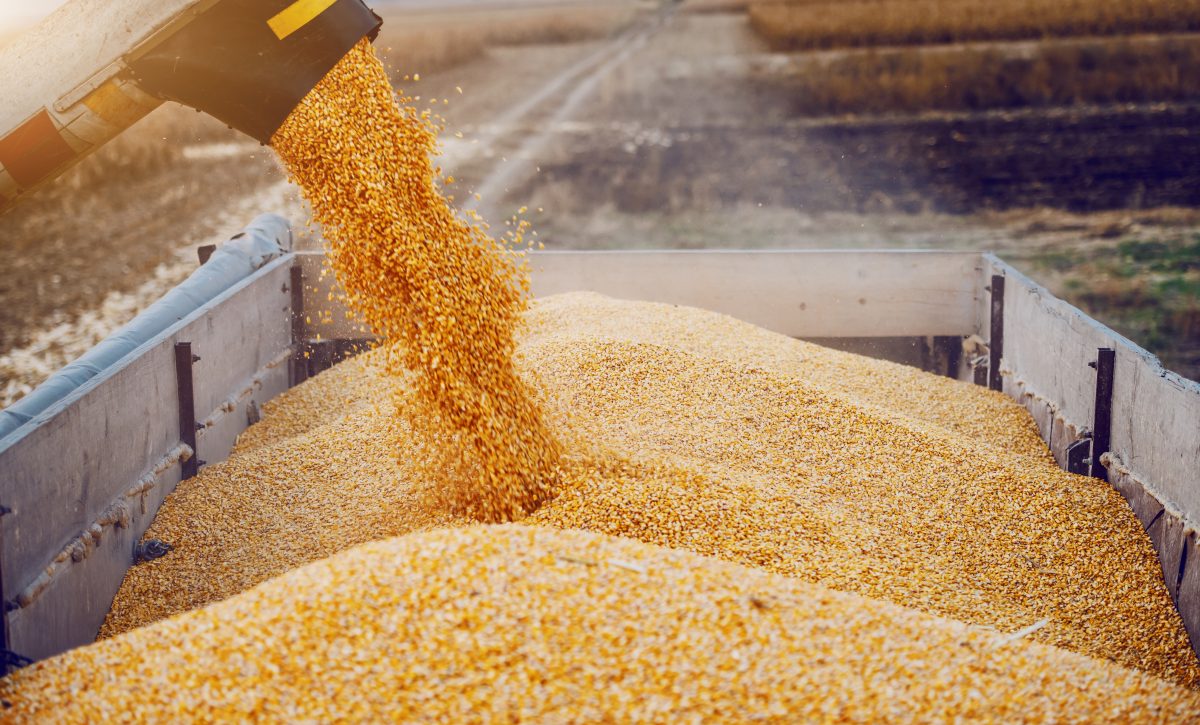Russia announced on Monday that it would refuse to renew the Black Sea grain deal, the arrangement that has allowed Ukraine to export grain shipments to markets around the world over the past year.
The collapse of the deal immediately prompted global concern over the impacts on food security.
The Russian decision “will strike a blow to people in need everywhere,” said the UN secretary-general, António Guterres, while the US secretary of state, Antony Blinken, declared that Russia’s “cynical actions” would harm “millions of vulnerable people”.
The deal originally came about in July 2022 because of international pressure on Russia following a rapid rise in global food prices caused by its invasion of Ukraine five months earlier. Ukraine was unable to export grain via the Black Sea because of the war, while Russian exports of food and fertilisers were also disrupted.
The blockade on Ukraine’s exports, and consequent rise in prices, left an extra 30m people in sub-Saharan Africa at high risk of food insecurity, according to the World Food Programme.
Thanks to the deal, shipments of Ukrainian grain have been given safe passage through the Black Sea over the past year, allowing global food prices to stabilise. But now, as the deal expires, Africa is once again facing a food price shock.
The MV Brave Commander made international headlines when she docked in Djibouti on 30 August last year. The UN-chartered cargo ship was carrying 23,000 tonnes of Ukrainian wheat procured by the World Food Programme – enough to feed 1.5m people in crisis-hit Ethiopia for a month.
Such shipments will now cease. Though some grain exports from Ukraine will continue via overland routes through neighbouring countries, volumes are set to drop significantly unless diplomats can find a way to restore the Black Sea deal.
The collapse of the deal is “really bad news for countries highly dependent on food imports,” says Jacques Nel, head of Africa Macro at consulting firm Oxford Economics Africa. East Africa is only just beginning to recover from a long period of drought, while Nel warns that North Africa – a region highly dependent on food imports – is also vulnerable. Egypt has been the sixth-largest importer of Ukrainian grain over the past year.
Nigeria is another one of the world’s largest wheat importers and receives a quarter of its imports from Ukraine and Russia, says Debo Akande, a senior specialist at the International Institute of Tropical Agriculture. Akande warns that wheat prices are set to “increase astronomically”, which will have knock-on effects for the prices of other staple crops.
The situation is particularly alarming since many African economies are yet to fully recover from a succession of recent crises, including last year’s food price spike and the impacts of the Covid-19 pandemic.
“Public debt and borrowing costs have increased over the past two years, so governments have less fiscal scope to again increase social support,” says Nel. “Households will struggle even more if we see another bout of global food price pressures.”
There are at least some signs that the crisis is encouraging African governments to take domestic food production more seriously. “A good number of countries in Africa are now intensifying efforts on development of plan[s] and programmes towards intensification of its grain production,” says Akande.








